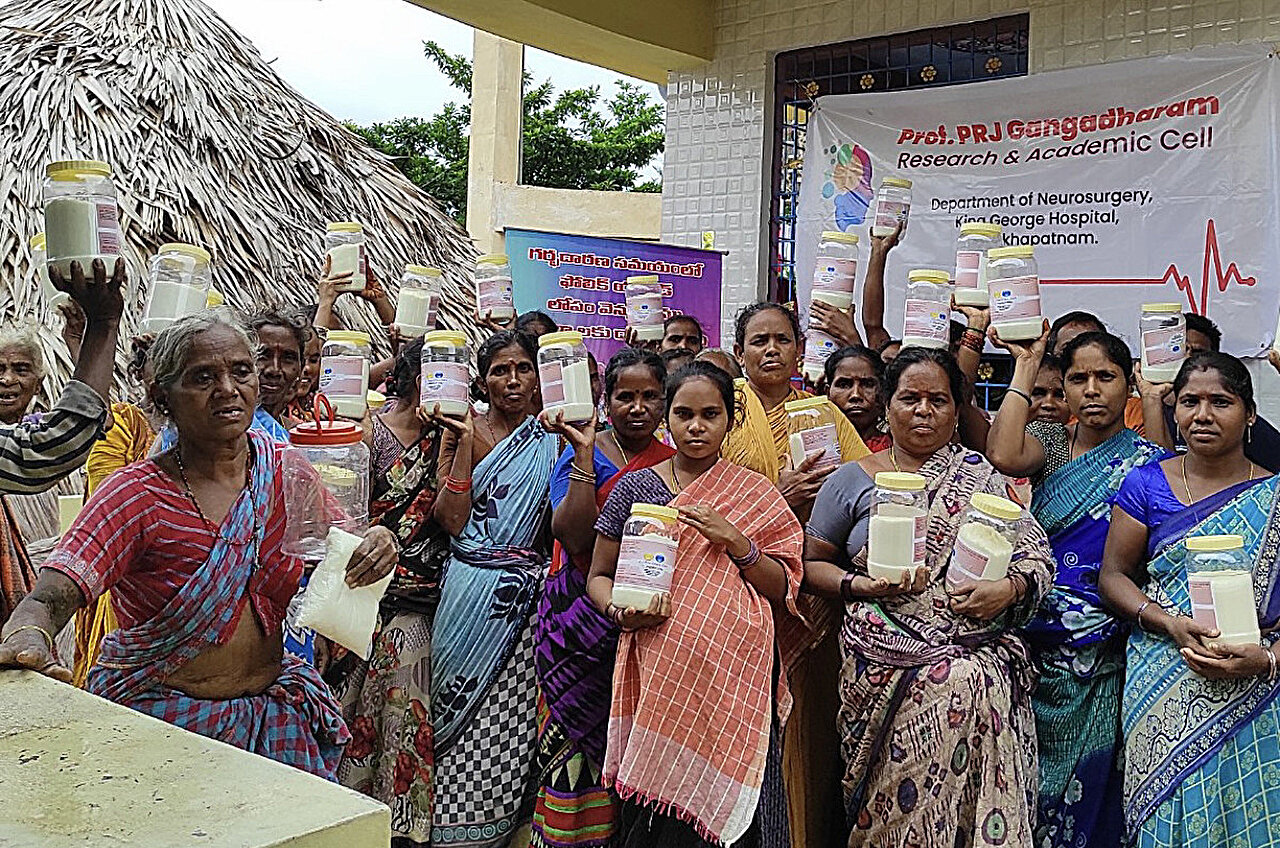The Breakthrough in Preventive Health
A groundbreaking international study involving researchers from the University of Central Florida and Emory University has confirmed that folic acid-fortified iodized table salt significantly prevents severe birth defects. This study marks a pivotal advancement in public health, demonstrating for the first time through field research that adding folic acid to table salt can avert conditions like spina bifida and anencephaly before and during pregnancy. The World Health Organization has long advocated for women to increase their folic acid intake during the early stages of pregnancy to combat these life-threatening conditions.
Global Challenges and Innovative Solutions
Despite the known benefits of folic acid, approximately 260,000 newborns globally are still affected by birth defects related to folate deficiencies. The challenge remains particularly acute in over 100 countries that lack the infrastructure or political will to implement large-scale food fortification programs. However, the successful integration of folic acid into everyday iodized table salt presents a viable solution that could dramatically increase folate levels in the population, as evidenced by a 3.7-fold increase in serum folate among study participants over just four months.
A Call to Action for Worldwide Health Improvement
The implications of this research are profound, highlighting a practical method to enhance maternal and infant health globally, especially in low- and middle-income countries where medical intervention is limited. The study’s lead author, Dr. Jogi Pattisapu, emphasizes the simplicity and cost-effectiveness of salt fortification with folic acid as a means to save lives and prevent disabilities. This initiative not only aligns with existing salt iodization efforts but also reinforces the need for immediate action to expand folic acid fortification universally, aiming to cut the incidence of preventable birth defects by half.
The collaborative effort behind this research underscores the potential for significant health improvements when knowledge and resources are shared across borders. With fortified salt already a staple in many diets, this approach offers a promising pathway to close the gap in birth defect prevention, ensuring healthier futures for children around the world regardless of their birthplace.
